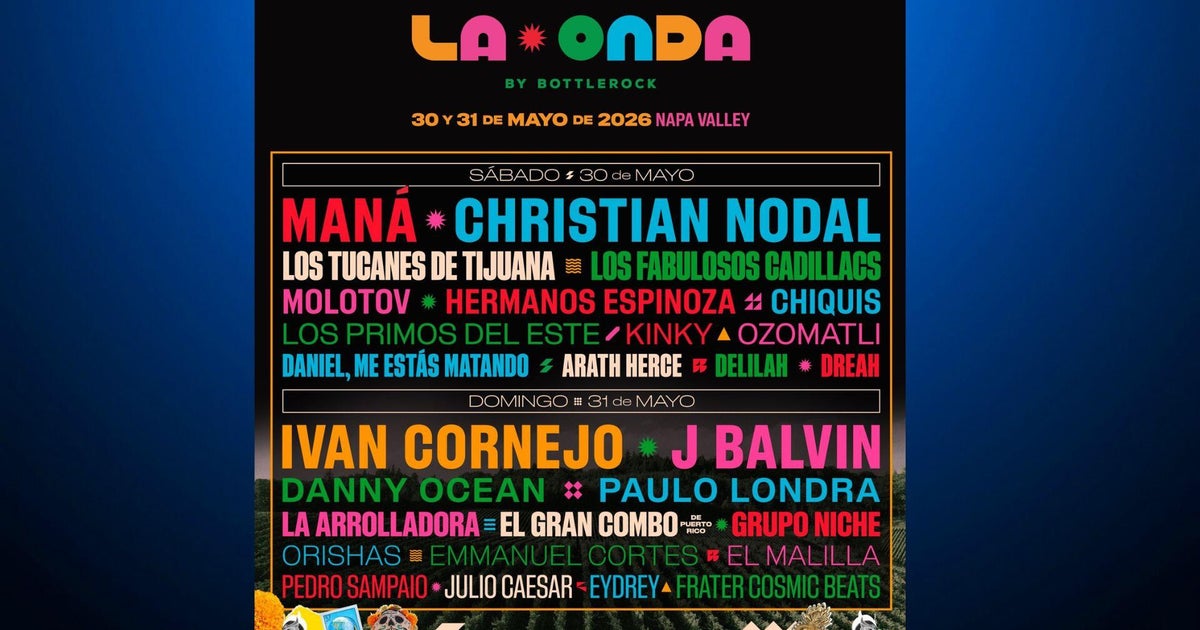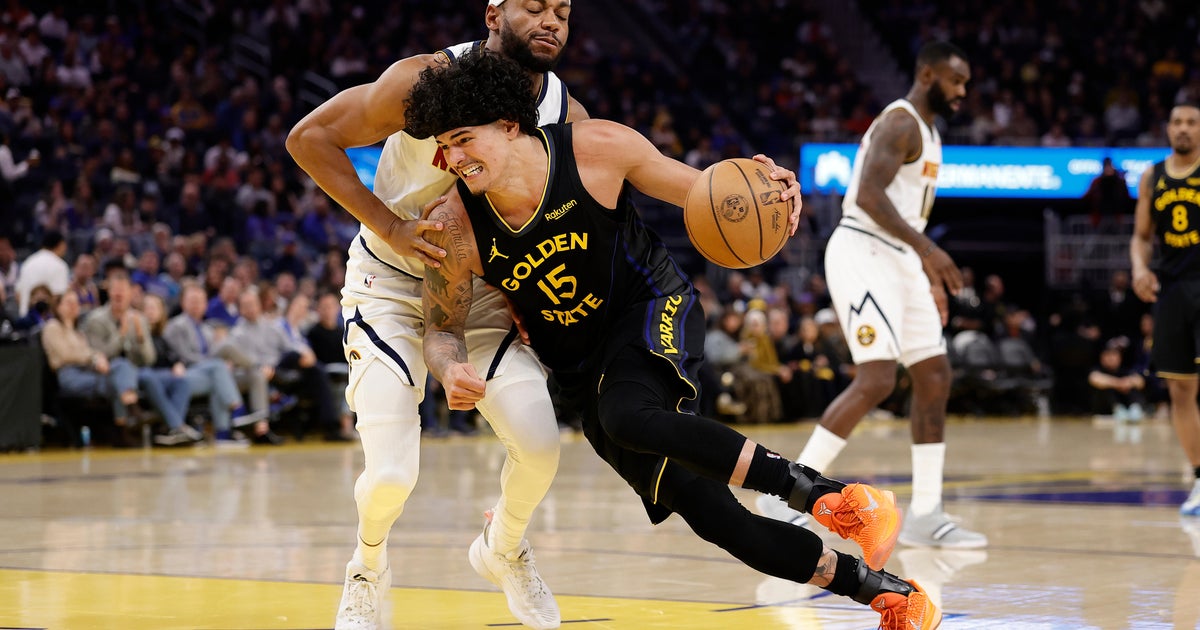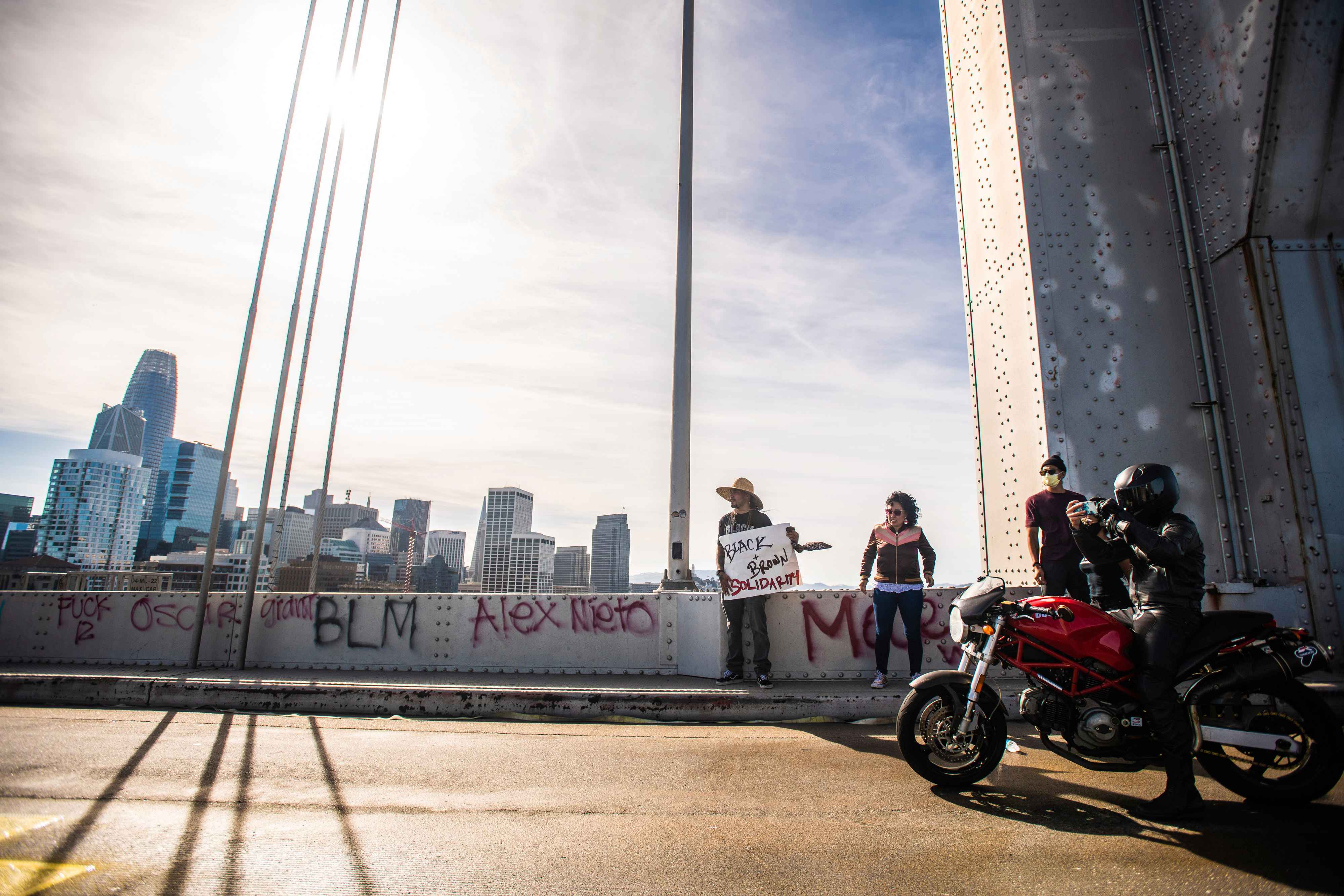Forest Whitaker tackles Desmond Tutu's legacy in "The Forgiven"
In Marvel's "Black Panther," Forest Whitaker plays Zuri, the spiritual leader of Wakanda who gives and takes the power of the Black Panther through various sacred rituals. In a similarly noble role, Whitaker gives power to the people in his portrayal of South African Archbishop Desmond Tutu in Roland Joffe's "The Forgiven."
The film is set in post-apartheid South Africa, during a time when Tutu sat as chair of the Truth and Reconciliation Commission tasked with deciding how the newly formed democratic government would respond to the numerous human rights violations that had been committed by both the state and anti-apartheid activists. As his position causes him to struggle with the concept of forgiveness, Tutu is summoned to a maximum-security prison by brutal murderer Piet Blomfield, played by Eric Bana, who further challenges Tutu's belief system as he seeks redemption for his crimes. Forest Whitaker spoke with CBS News about his experience portraying such an iconic figure, playing a part in democracy and acting alongside Eric Bana.
Q: How did you prepare for this role?
A: I began with studying [Tutu's] writing. I studied his philosophy and his way of viewing the world. I felt it was important to understand how he interacted with other human beings. I tried to capture his energy, as well the presence he had around others. That came through studying him as a teacher and as a man.
Q: What did you learn from the process?
A: It was interesting for me to understand what it means to be a "peace warrior." Desmond Tutu fights for peace and he fights for humanity, yet he doesn't do so quietly. He's quite outspoken. From protesting to marching, he's never afraid to share his opinion of an oppressive government. I was amazed to see how he continues to fight for what he believes. He's always out front. Being an archbishop can be a very lofty position, so for him to take the positions that he has about the environment, euthanasia, homosexuality – a lot of different areas that he's stood up strongly and spoken about – is something to admire and learn from.
Q: Can you speak about why the right to vote is so important to Desmond Tutu in the film?
A: He wasn't allowed to vote his whole life because he was black. The first democratic election in South Africa happened in 1994. Before that, nothing was equal. There weren't the same standards for people anywhere, especially in schools. And that was all legal, because the people being oppressed couldn't vote. To finally be able to go to polls and be heard was very important to him, and he fought hard for it. He said, "I should have the right to speak for my country." After so many years, he did.
Q: There are many scenes in the movie where you and Eric Bana speak to each other as two completely opposing forces: good versus evil; love versus hate. What was that experience like as an actor?
A: I love working with Eric. It was one of those situations where you really have to rely on each other. You start to work out the scene, and you go back and forth it, and in movie it's a lot. Because there's so much anger coming from Eric's character. Being in a prison with him trying to make peace – as Desmond Tutu would do – was a real experience because I'm trying to maintain this demeanor and attitude that Desmond Tutu would maintain, and not give in to him. We're both putting each other through struggles. He's making me question whether I can truly forgive and love. I'm pushing him to see if he can be redeemed. Are you truly as evil as you want everyone to believe?
"The Forgiven" is in select theaters, and it hits VOD and Digital HD Friday.



